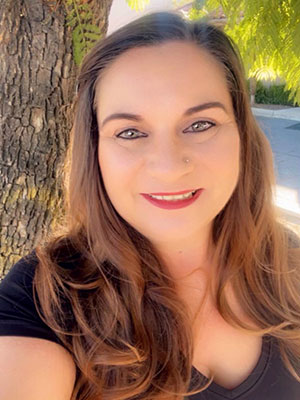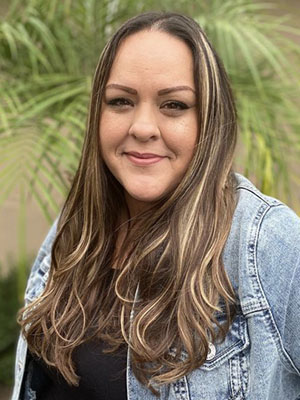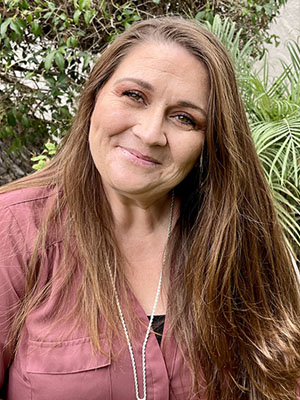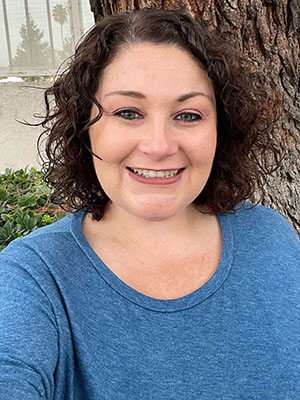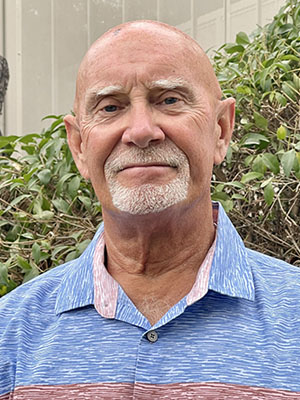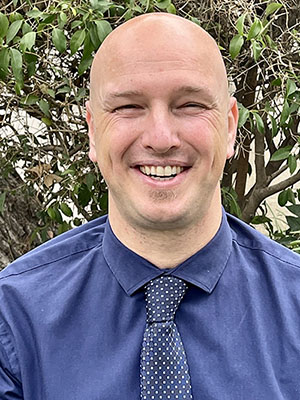Cognitive behavioral therapy or CBT is an evidence-based modality for addressing unhealthy attitudes, behaviors, beliefs, and thoughts. The treatment is often used in addiction and mental health treatment centers. CBT has shown to be beneficial for treating an array of substance use disorder and co-occurring mental illnesses, including anxiety, depression, and post-traumatic stress disorder (PTSD).
Counselors and therapists trained to conduct the psycho-social form of intervention can help people find recovery. If you have undergone treatment for a mental or behavioral health disorder, there is an excellent chance that you received CBT. Hopefully, you were able to address and change unhelpful beliefs and are better able to cope with problems that arise in recovery today.
Overcoming obstacles in life can be extremely challenging for those with a history of substance use or co-occurring mental illness. It can be even more of a struggle to change core beliefs that one may have developed at a young age. In recovery, people discover that altering one’s outlook is often a prerequisite for making progress.
Learning to let go of certain mindsets that influence or lead to self-defeating and self-destructive behaviors is part of the therapy. CBT also helps people change how they see themselves in the world. It gives individuals the tools to adopt a position of selflessness, which allows them to form healthy and nurturing relationships with others.
Confronting Challenging Memories in CBT
It’s vital for patients to receive simultaneous treatment for addiction and co-occurring mental illness. Achieving long-term recovery depends on addressing all presenting conditions. If one condition is neglected, relapse is likely.
Interestingly, there’s been a debate for some time about using cognitive behavioral therapy to treat co-occurring PTSD. Since CBT strategies and techniques ask patients to confront challenging memories, some providers and patients argue it will cause alcoholics and addicts with PTSD to relapse. However, there is new research – supported by the National Institute on Drug Abuse (NIDA) – that may put such concerns to bed.
Co-occurring post-traumatic stress is prevalent amongst men and women living with addiction. According to researchers at the Johns Hopkins University School of Medicine, nearly a quarter of individuals with chemical dependency have PTSD. Jessica Peirce, Ph.D., and associate professor of psychiatry and behavioral sciences, and her colleagues took a close look at treating the above demographic with CBT.
The research team found that exposing patients to uncomfortable memories of their trauma didn’t lead to drug relapses after the first behavioral therapy session. Moreover, the authors report that PTSD severity, stress, and emotional problems lessened. By the ninth therapy session, the PTSD severity scores decreased by an average of 54%. The findings appear in the Journal of Traumatic Stress.
“Now that we have evidence that treating PTSD won’t impact recovery, patients can request therapy, and mental health providers have a duty to make it available to their patients,” said Peirce. “There is a lot more resilience within this population than many health care providers give them credit for, and not offering the proper treatment is doing patients a disservice.”
Help for Co-Occurring PTSD
The above research comes at a fortuitous time, given the scars of the pandemic. Many men and women working on the frontlines, such as first-responders, doctors, and nurses, may develop post-traumatic stress from exposure to COVID-19. Contracting a potential virus or the fears of becoming ill can take a toll on people mentally.
Many people may begin turning to mind-altering substances to quiet their minds, and some could develop an alcohol or substance use disorder. At Hemet Valley Recovery Center & Sage Retreat, we created a program for those struggling with addiction and co-occurring PTSD. Please contact us today to learn more.











